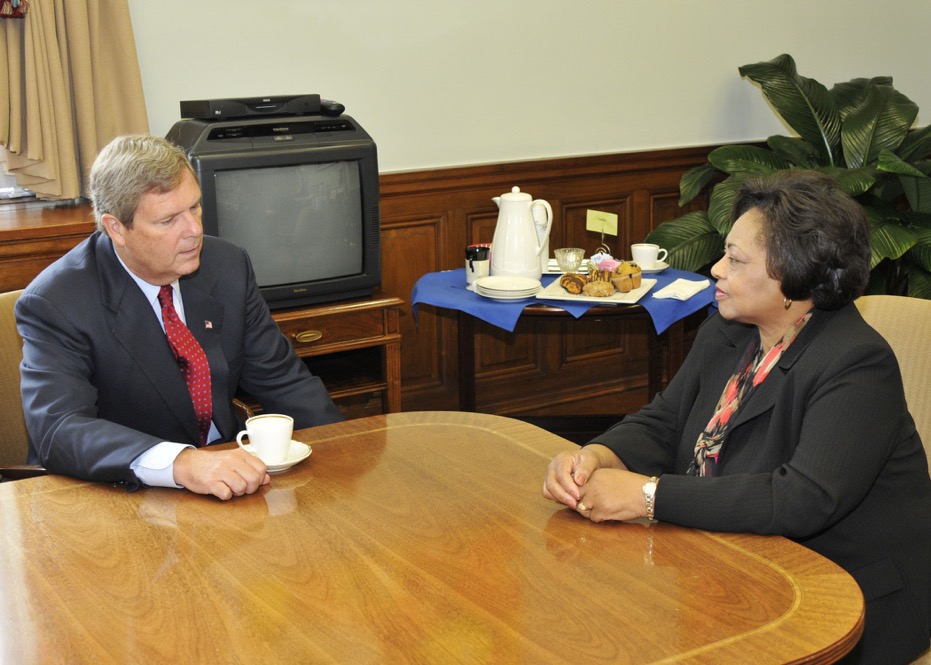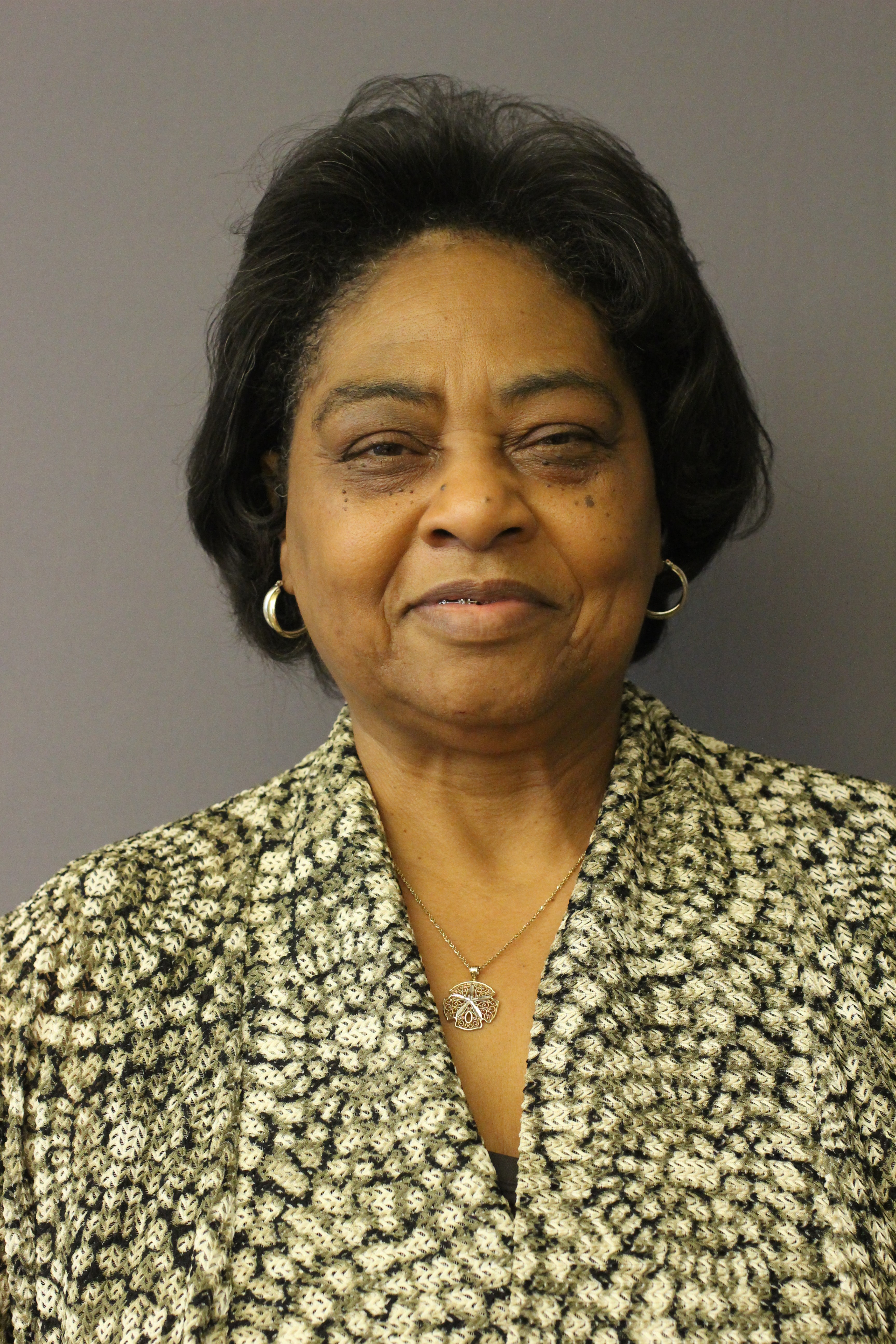Hear Shirley Sherrod tell her story
Click the expanded view to see the full slideshow.
With strength and intuition, Shirley Sherrod has channeled tragedy into a decades-long career to advocate for fairness, justice and equality in America’s agricultural system.
As a Black woman who grew up in Georgia, Shirley’s life and career are inextricably linked to the Civil Rights Movement, fighting particularly hard for the rights of Black farmers and other landowners in the South.
In the decades following the Civil War, farming and land ownership became essential facets of Black Americans’ newly-won citizenship, particularly in the South. Black land ownership peaked in 1910 when 218,000 Black farmers owned 15 million acres of farmland. But by the turn of the century, these numbers declined to about 18,000 Black farmers owning only 2.3 million acres.
The dramatic decline in Black land ownership was no accident. Much of this loss is attributed to systemic discrimination and racism, which was all too common in both civil society and in the government, including at the U.S. Department of Agriculture (USDA). Shirley and her husband Charles experienced USDA discrimination in the form of farm loan denials, which ultimately cost them the farmland they were trying to protect.
Their experience was far from unique. Shirley joined a class-action lawsuit that Black farmers filed against the USDA over the denial of farm loans. The case, Pigford v. Glickman, was initially settled in April 1999 for farmers who could prove discriminatory treatment in loan decisions by the USDA. While some 13,300 Black farmers received compensation under the settlement, making it the largest civil rights settlement at the time, another 70,000 Black farmers did not have their claims heard. After many more years of struggling for justice, the 2008 Farm Bill provided for additional claims to be heard, and in 2010, Congress appropriated $1.2 billion through Pigford II to compensate additional Black farmers.

Agriculture Secretary Tom Vilsack meets with Shirley Sherrod in his office at the U.S. Department of Agriculture in Washington, DC in 2010. USDA Photo by Bob Nichols
Black land loss continues to be an enormous challenge. Farm Aid is honored to work with advocates like Shirley, as well as organizations, that fight against systemic racism and empower Black farmers in the U.S.
- Shirley Sherrod is the executive director of the Southwest Georgia Project, a Farm Aid partner since 2014 and recipient of $54,500 in Farm Aid funds. This organization educates, engages and empowers communities on a whole array of issues from voter rights, unjust policies effecting school children and families, to Black land loss.
- In 1967, the Federation of Southern Cooperatives started to help limited resource communities produce a livable income and save their way of life. The Federation, which has received over $1,122,856 in Farm Aid funds, develops Black-owned cooperatives and credit unions for community development; protects and expands the landholdings of Black farmers throughout the south; and advocates for public policies that serve Black farmers and other low-income rural communities.
- The Land Loss Prevention Project (LLPP) was founded in 1982 by the North Carolina Association of Black Lawyers to curtail epidemic losses of Black owned land in North Carolina. LLPP broadened its mission in 1993 to provide legal support and assistance to all financially distressed and limited resource farmers and landowners in North Carolina. Farm Aid has worked with LLPP since 1990, granting the organization 19 grants totaling $201,261.
**The story above was recorded with help from StoryCorps in Chicago before our 30th anniversary concert.






